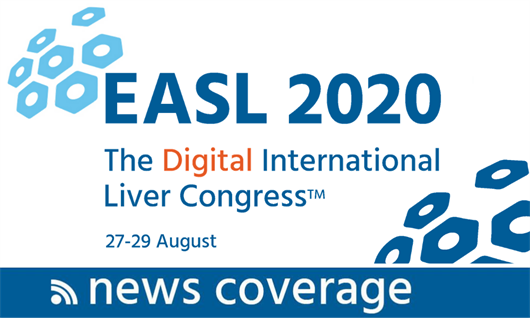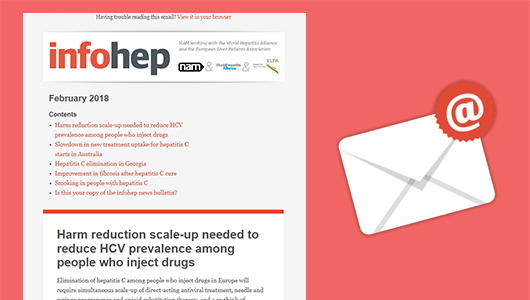
Domizia Salusest | www.domiziasalusest.com
Hepatitis C transmission during anal
sex can take place without bleeding, trauma or sharing of injecting equipment
and exposure to semen is likely to be enough for the virus to be passed on,
investigators in the United States report in the journal PLOS ONE.
The conclusions come from an intensive
investigation of ten cases of recent hepatitis C infection in eight gay men
living with HIV.
The new study, led by Dr Hui Li of Perelman School of Medicine,
University of Pennsylvania, used single genome sequencing and interviews with
each of the men to establish the potential source of infection, asking them to
recall their sexual and drug-using practices in recent sexual encounters.
Single genome sequencing takes a single virus and analyses its entire
DNA sequence. This technique has been used in HIV research to demonstrate that
the genetic diversity of infecting viruses increases when there is more damage
to the mucosal barrier in the vagina or rectum.
In this study, the investigators hypothesised that if men infected with
hepatitis C had only one virus genetic pattern detectable in multiple viruses
sampled soon after infection, this showed a lack of damage to the mucosal
barrier in the rectum.
In turn, this would signal a lower likelihood that rectal bleeding was
necessary for transmission to take place. A lack of viral diversity would also
show a lack of transmission through injecting drug use (where many genetically
diverse viruses are transmitted).
The researchers conclude that eight out of ten
infections were attributable to a single virus, occurred without rectal trauma
and were not associated with injecting.
Hepatitis C prevention messages for gay men
should clarify the potential for transmission, the study authors say.
“Intra-rectal exposure to semen during condomless anal intercourse is therefore
likely sufficient for hepatitis C virus transmission among men who have sex
with men,” they conclude.






Connect with infohep on Facebook: Keep up to date with all the latest news and developments.
Follow infohep on Twitter for links to news stories and updates from infohep.org. Follow us at www.twitter.com/infohep.
Follow all the infohep news by subscribing to our RSS feeds.